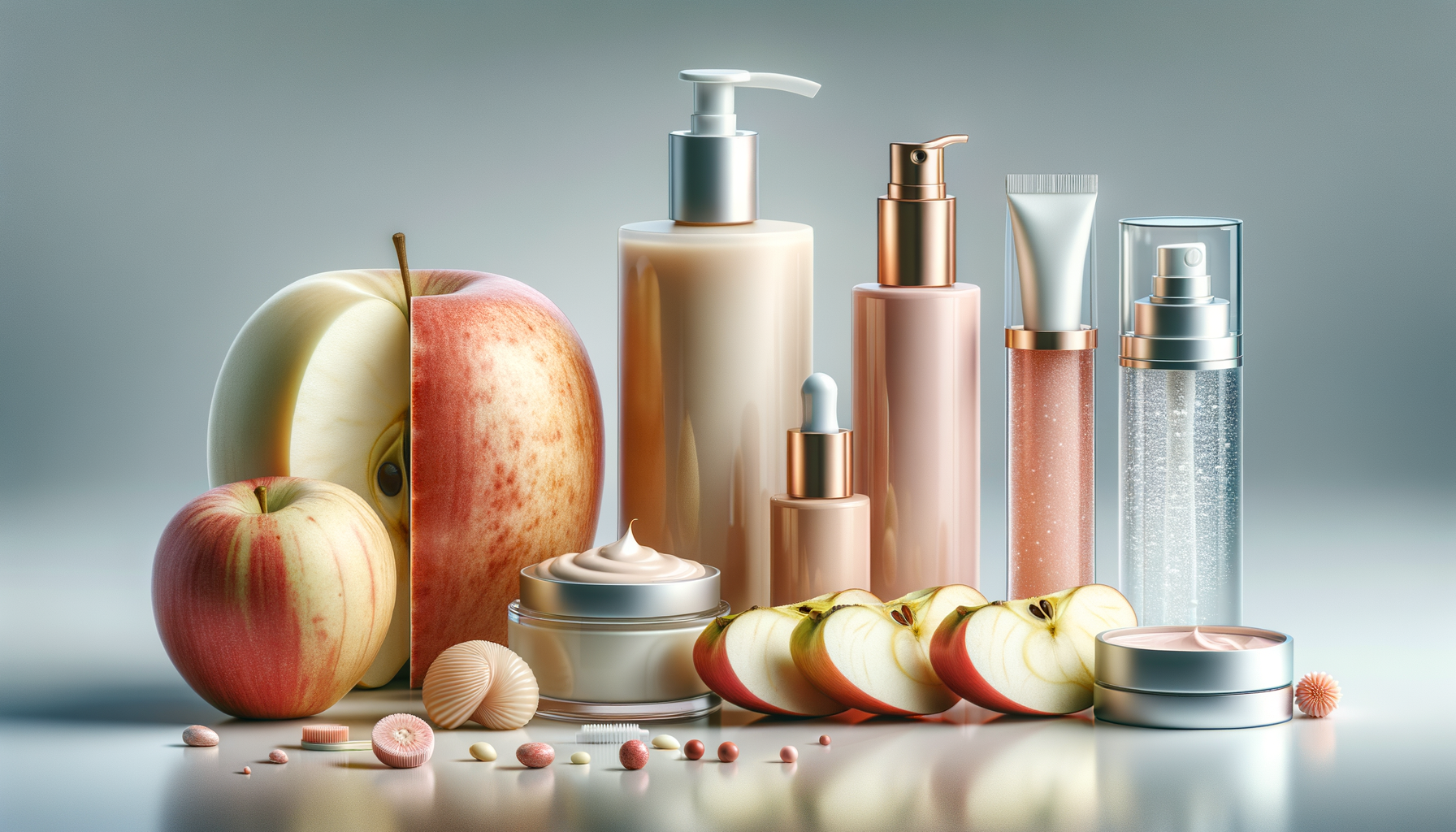Introduction to Dark Spots and Their Impact
Dark spots, also known as hyperpigmentation, can be a source of frustration for many individuals. These spots are typically caused by an overproduction of melanin, the pigment that gives skin its color. Factors such as sun exposure, hormonal changes, and acne scars are common contributors. Understanding the root causes of dark spots is crucial in determining the most effective treatment options. By addressing these causes, individuals can take proactive steps towards achieving a clearer and more even complexion.
The importance of addressing dark spots goes beyond mere aesthetics. Uneven skin tone can affect one’s self-esteem and confidence. By focusing on treatments and skincare routines that target these spots, individuals can not only improve their appearance but also their overall skin health. This article explores various methods to reduce dark spots, emphasizing the importance of consistency and protection against further skin damage.
Understanding Skincare Routines for Dark Spots
A well-structured skincare routine is essential in combating dark spots. The first step involves cleansing the skin to remove impurities and prepare it for treatment products. Using a gentle cleanser that suits your skin type can prevent irritation, which might otherwise exacerbate hyperpigmentation. Following cleansing, the application of a toner can help balance the skin’s pH levels, creating a more receptive environment for serums and moisturizers.
Key ingredients to look for in products targeting dark spots include vitamin C, niacinamide, and retinoids. Vitamin C is renowned for its brightening properties and its ability to inhibit melanin production. Niacinamide, a form of vitamin B3, helps to improve skin texture and reduce the appearance of dark spots. Retinoids, derived from vitamin A, promote cell turnover, aiding in the fading of hyperpigmented areas. Incorporating these ingredients into your routine can make a significant difference over time.
It’s important to remember that skincare is not a one-size-fits-all solution. Tailoring your routine to your specific needs and skin type will yield the best results. Consistency is key, as changes in the skin take time to manifest. Additionally, always patch-test new products to avoid adverse reactions.
Natural Remedies for Even Skin Tone
For those seeking a more natural approach to treating dark spots, several home remedies can be effective. Ingredients such as lemon juice, aloe vera, and turmeric have been used for centuries to improve skin tone. Lemon juice contains citric acid, which can lighten dark spots and exfoliate the skin. However, it’s crucial to use it cautiously, as it can increase sun sensitivity.
Aloe vera is known for its soothing properties and can help reduce redness and inflammation associated with dark spots. Applying fresh aloe vera gel directly to the skin can promote healing and rejuvenation. Turmeric, with its anti-inflammatory and antioxidant properties, can brighten the skin and even out the complexion when used as a face mask.
While natural remedies can be beneficial, they often require patience and regular application to see noticeable results. It’s also advisable to conduct a patch test before applying any new substance to the skin, especially if you have sensitive skin.
Dermatologist-Approved Treatments
For more stubborn dark spots, dermatologist-approved treatments may be necessary. Chemical peels, microdermabrasion, and laser therapy are popular options that offer more immediate results. Chemical peels involve applying a solution to the skin that causes it to exfoliate and eventually peel off, revealing new, less pigmented skin underneath. This treatment can be customized to various strengths depending on the severity of the dark spots.
Microdermabrasion is a non-invasive procedure that uses a device to gently sand the skin, removing the thicker, uneven outer layer. This treatment is effective for improving overall skin texture and reducing the appearance of dark spots. Laser therapy, on the other hand, targets melanin deposits with concentrated light, breaking them down and allowing the body to naturally remove the pigment.
Consulting with a dermatologist can help determine the most appropriate treatment based on your skin type and the extent of hyperpigmentation. Professional guidance ensures that treatments are both safe and effective, minimizing the risk of adverse effects.
Consistency and Protection: Keys to Success
While treatments and routines are essential, maintaining consistency and protecting your skin from further damage are equally important. Regular application of sunscreen is crucial in preventing new dark spots and protecting existing ones from worsening. Choose a broad-spectrum sunscreen with an SPF of at least 30, and reapply every two hours when exposed to the sun.
Incorporating antioxidants into your diet can also support skin health from within. Foods rich in vitamins C and E, such as berries, nuts, and leafy greens, can help protect the skin from oxidative stress and promote an even skin tone.
Ultimately, achieving an even complexion requires a holistic approach. Combining effective treatments with a consistent skincare routine and sun protection will yield the best results. By taking proactive steps and being patient, you can gradually reduce the appearance of dark spots and enjoy a more radiant, even-toned complexion.




Leave a Reply